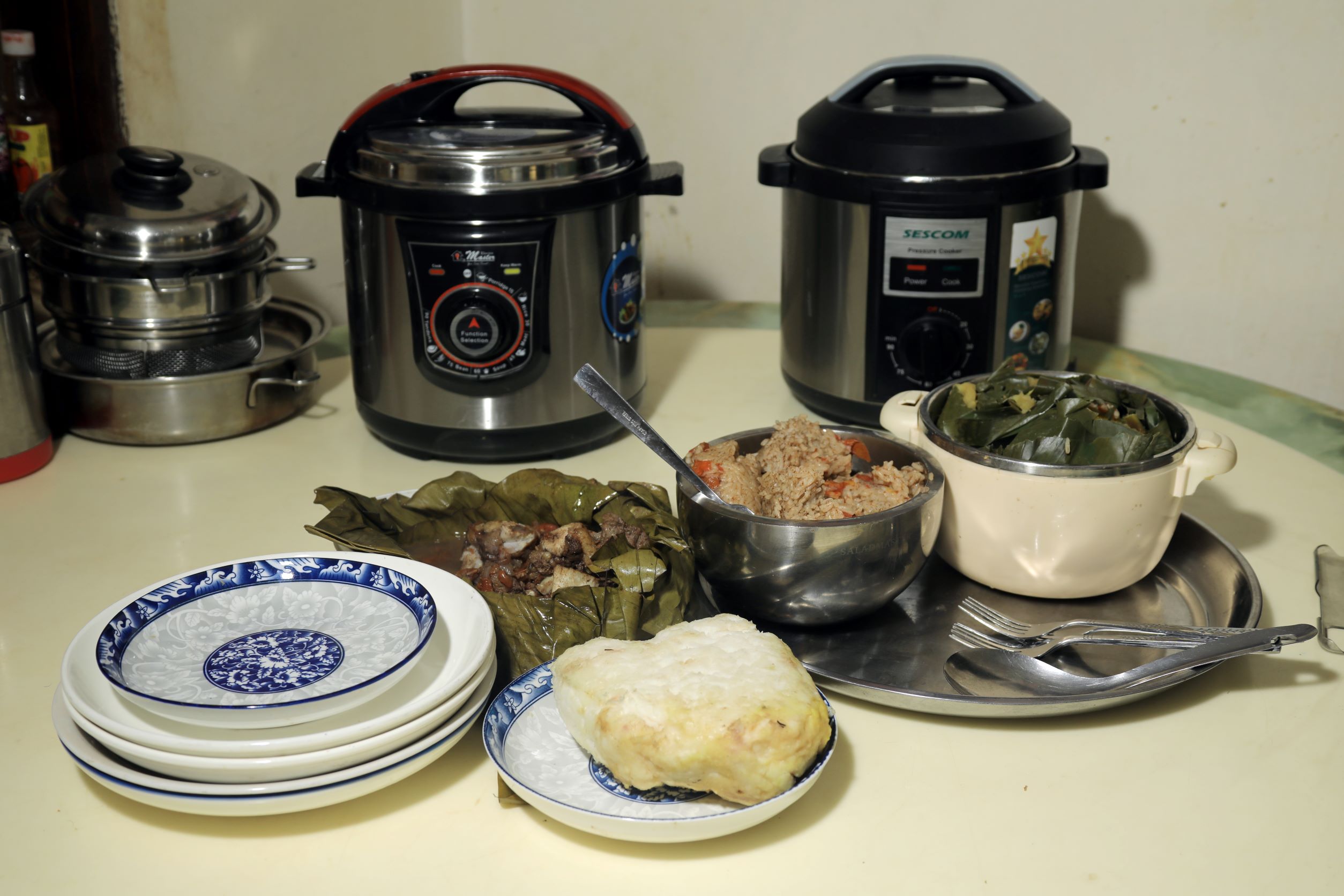
- Date
- 16th February 2023
- Categories
- General
The Modern Energy Cooking Services (MECS) programme funded by UK aid (FCDO) has culminated its research collaboration with in-country partner Energy 4 Impact with the launch of two new reports which examine the clean cooking sector in Rwanda: ‘A feasibility study into running awareness-raising campaigns to promote electric cooking in Rwanda’ and ‘Plan of Action: Rwanda’s transition to modern energy cooking’. The reports outline critical next steps for public and private stakeholders towards popularising clean cooking technologies in Rwanda through the coordination of awareness-raising campaigns and the navigation of constraints to market growth.
Commencing in February 2021, the MECS programme has undertaken an in-depth review of clean cooking markets and relevant national policy in Rwanda. Despite its dire impact on the environment and household health, the use of biomass for cooking remains predominant even in newly electrified areas. Electric cookstoves represent a vital solution and previous research from Energy 4 Impact in the form of household cooking diaries indicates that popular national dishes can be adapted to eCooking easily and economically. However, the clean cooking sector faces a number of constraints on both supply and demand sides when it comes to growing the customer base.
The Feasibility Study report outlines key elements for designing an effective awareness-raising campaign in order to achieve behaviour change in the community. Whilst the government of Rwanda embarked upon awareness-raising around clean cooking in 2017, the participation of clean cooking companies has so far been minimal, so development organisations should step in to ensure they have the technical skills, financial capacity and marketing knowhow in place to drive the promotion of electric cooking.
The Plan of Action report identifies priority steps for various stakeholders at all levels to overcome existing challenges and gaps in order to achieve the widespread adoption of clean cooking. It recommends that regulators reduce import tariffs and taxes on electric cooking appliance manufactured abroad, to allow new efficient appliance to cost-compete whilst at the same time improving quality standards to ensure only high performing appliance reach the Rwandan market.
Featured Image Credit: The Centre for Research in Energy and Energy Conservation (CREEC), (2022).